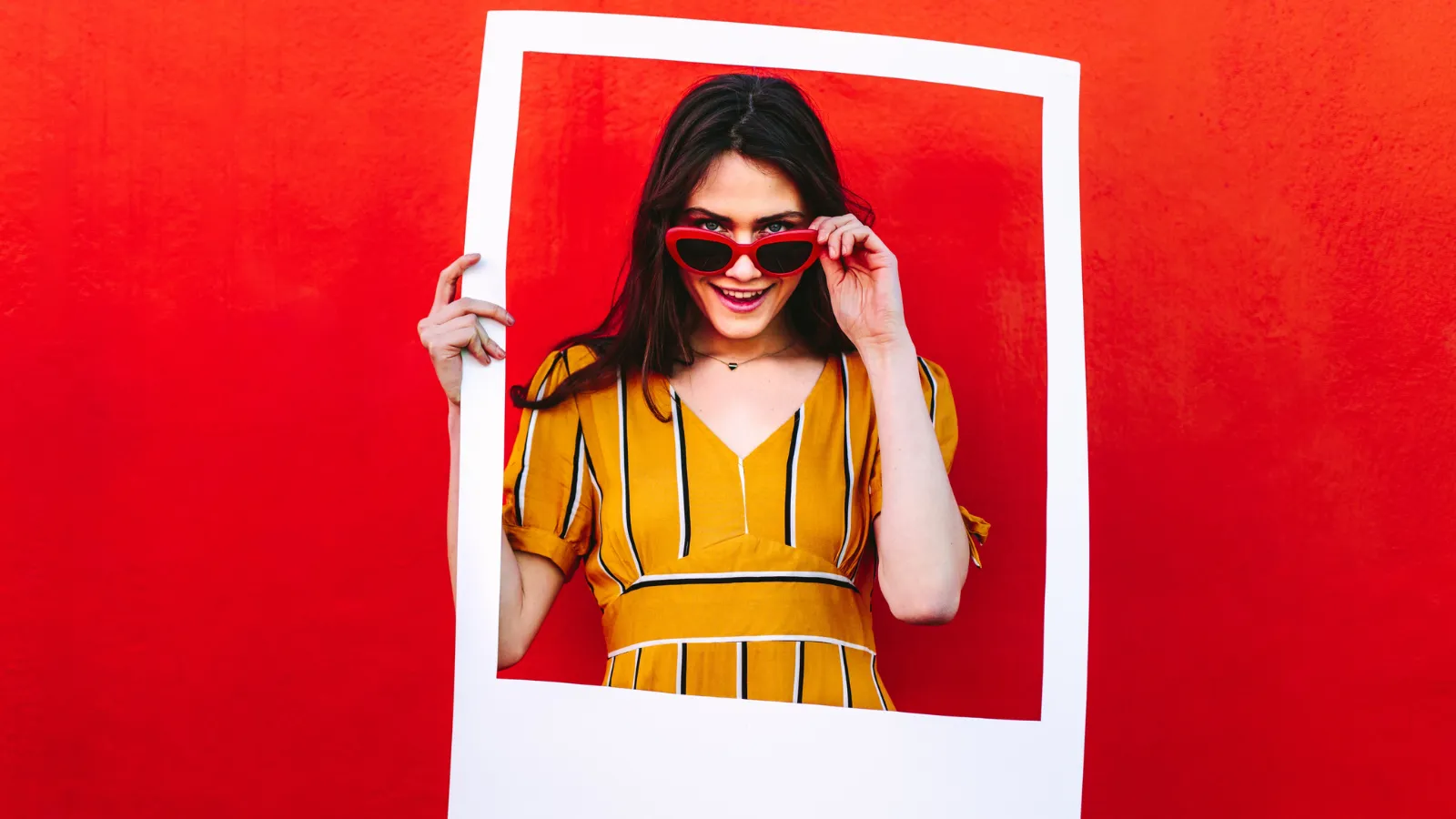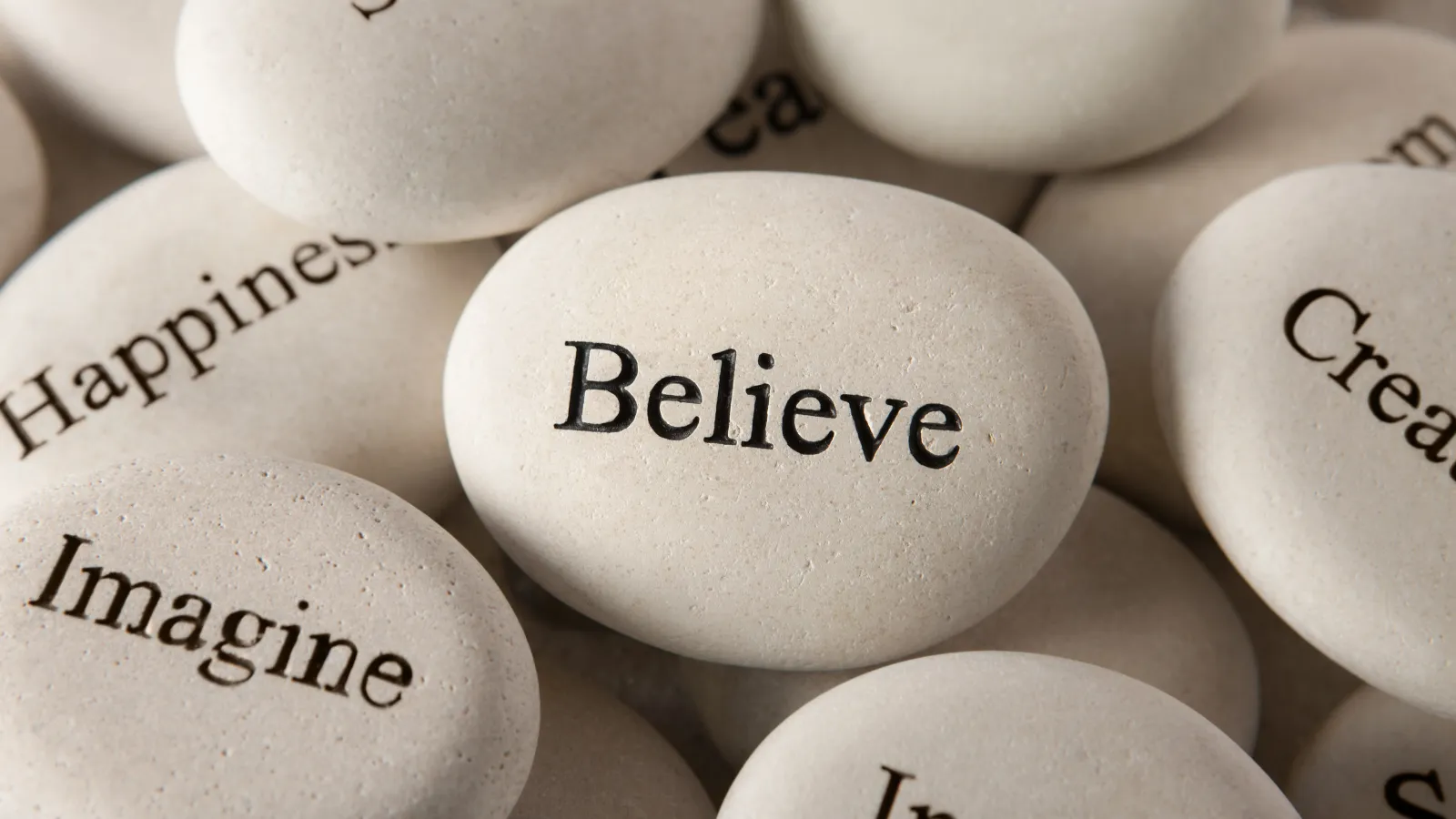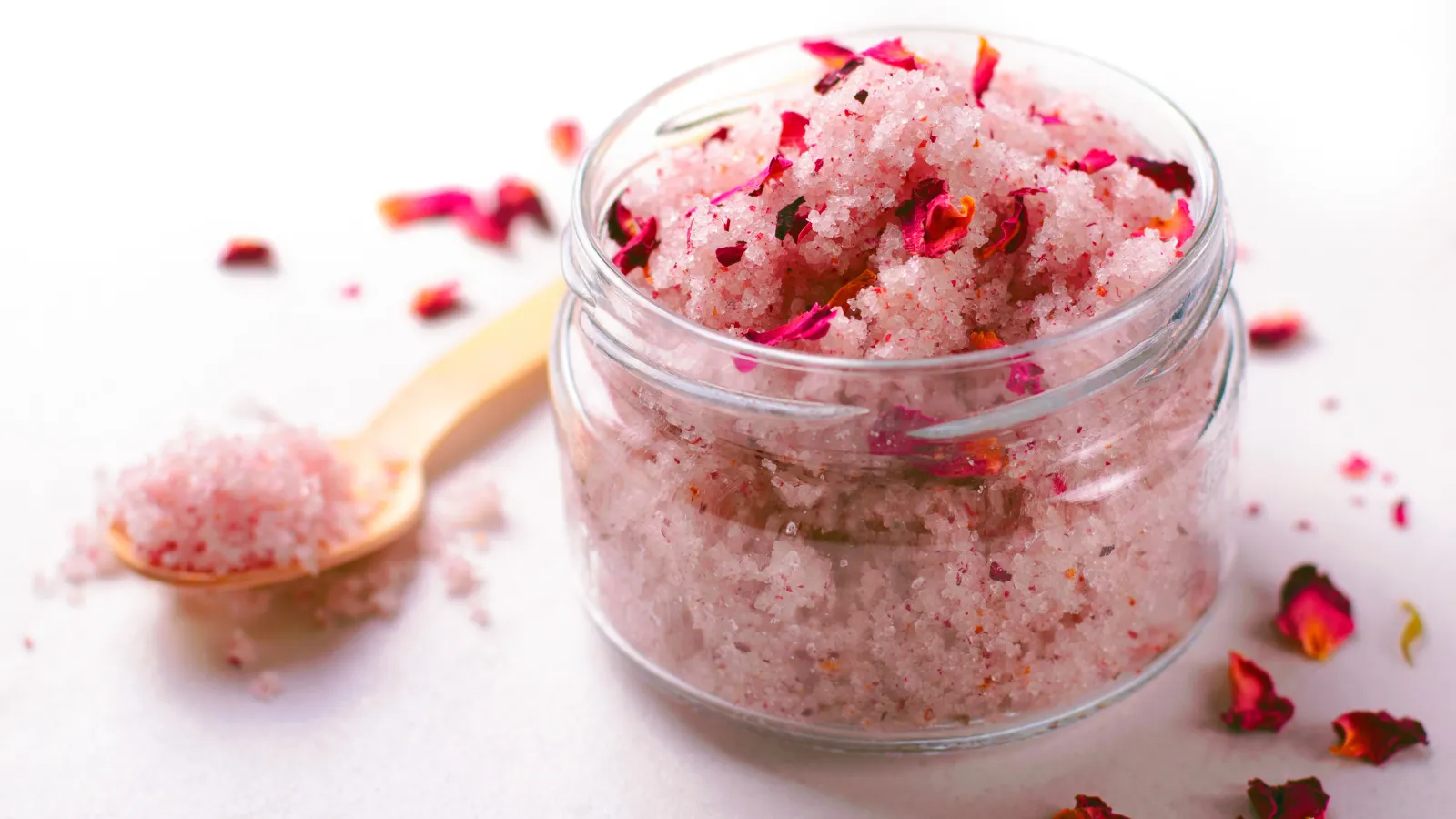Social media can influence your body image — sometimes positively, sometimes negatively
TikTok is a social networking platform with many "faces," and for some time now, it has proven to be extremely popular with those interested in obtaining drugs, such as Ozempic, to slim down. It seems, however, that the company has decided to curb promotional videos and released new rules that will block body-shaming images and relatively harmful messages. As expected, users who were making money promoting slimming drugs and tactics saw their commissions affected by the new rules and either headed to other platforms or started changing the way they talked about these drugs. But TikTok is only a part of the social media universe and the huge influence it has gained over our bodies.
Our world is undoubtedly dominated by social media; if you are online, it's hard to escape the endless stream of perfectly filtered images and curated lifestyles. Facebook, Instagram, and TikTok platforms have reshaped our perception of beauty, making body image concerns more prevalent than ever before. But what is social media's impact on our self-esteem? And how can we survive this world of filters and influencers without surrendering to unreal and unrealistic standards?
Social media's profound influence on body image and the way it shapes our ideals of beauty has recently alerted scientists and psychologists. Over the last 3-4 years, with the rise of influencers promoting unattainable standards and the damaging effects of comparison culture, social media, instead of a means of healthy connections, has become a psychological and emotional toll on many individuals, especially women. According to a survey, social media is correlated with body dissatisfaction and eating disorder symptoms.
The role of filters and photo editing in shaping body image
Social media platforms have revolutionized the way we present ourselves to the world. The ubiquity of filters and photo editing tools has created an environment where the "perfect" image is the norm. These digital enhancements allow users to smooth skin and slim features and even wholly alter their physical appearance with just a few taps, showing mainly a “different”, more beautified self.
This ease of manipulation has profoundly impacted our perception of beauty and body image. When constantly exposed to these flawless, filtered images, it becomes increasingly difficult to maintain a healthy, realistic view of our bodies. We see the “perfect” bodies and believe it’s true. The line between reality and fantasy becomes blurred, and we start to internalize the idea that perfection is attainable, even if it's only through digital tools.
The problem is that these edited images do not reflect the true diversity of human bodies. They perpetuate a narrow, unrealistic standard of beauty that is simply unattainable for the majority of people. This can lead to feelings of inadequacy, low self-esteem, and even body dysmorphia as individuals strive to achieve an image that is inherently false and unattainable. The psychological impact of this constant exposure to filtered perfection can be devastating, particularly for young people who are still developing their sense of self and body image.
Alongside the rise of filters and photo editing, the influence of social media influencers and celebrities has had a significant impact on body image. These individuals, often with large followings and carefully curated images, have become the new arbiters of beauty and desirability.
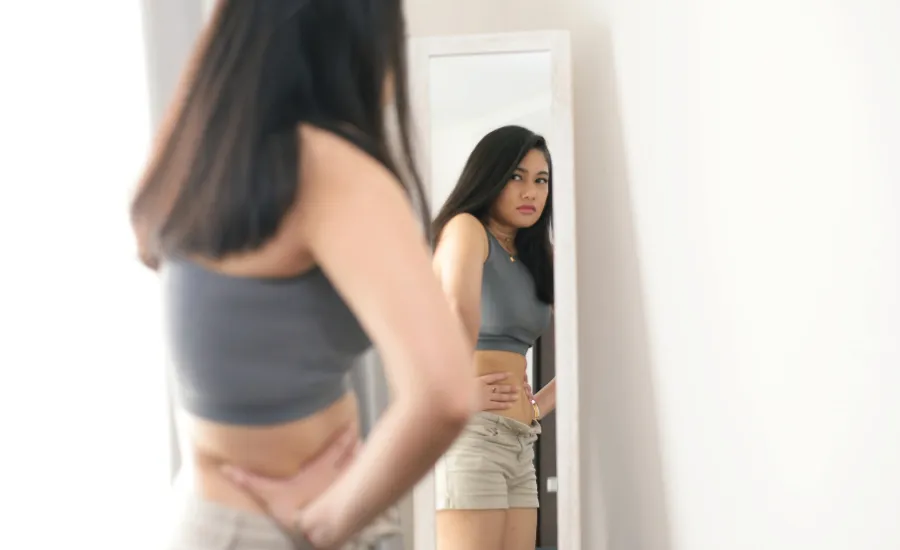 Many influencers and celebrities promote a specific body type, mainly the thin, toned, and flawless type. The images they share make us believe and reinforce the idea that this is the "ideal" body, leading their followers to compare themselves and strive to achieve this unattainable standard, often via extreme methods, such as extreme diets, unsuitable and potentially dangerous medications, etc. The constant barrage of these idealized images can be overwhelming, leaving the audience feeling inadequate and ashamed of their bodies.
Many influencers and celebrities promote a specific body type, mainly the thin, toned, and flawless type. The images they share make us believe and reinforce the idea that this is the "ideal" body, leading their followers to compare themselves and strive to achieve this unattainable standard, often via extreme methods, such as extreme diets, unsuitable and potentially dangerous medications, etc. The constant barrage of these idealized images can be overwhelming, leaving the audience feeling inadequate and ashamed of their bodies.
Moreover, some influencers and celebrities have been known to engage in deceptive practices, such as using filters or editing their images to create an illusion of perfection. This further aggravates the disconnect between the reality of the human body and the unrealistic images presented on social media.
When followers realize that the photos they've been aspiring to are not authentic, it can lead to a deep sense of betrayal and a further erosion of their self-esteem
The link between social media use and body dissatisfaction is well-documented. Studies have consistently shown that increased time spent on social media is associated with higher levels of body image concerns, disordered eating behaviors, and overall dissatisfaction with one's physical appearance.
This phenomenon is particularly prevalent among young people, who are especially vulnerable to social media's negative impacts. Constant exposure to idealized images and the pressure to conform to a certain standard of beauty can lead to a heightened sense of self-consciousness and a preoccupation with physical appearance. According to internal Meta research, for one in three teenage girls who were already struggling with body image issues, the Instagram app made them feel worse.
Furthermore, social media's interactive nature, where users can engage with content, leave comments, and receive feedback, can worsen these issues. The desire for likes, shares, and positive reinforcement can drive individuals to seek validation through their physical appearance, leading to a cycle of insecurity and unhealthy behaviors.
The pervasive nature of social media has also led to a culture of constant comparison, where individuals constantly evaluate their own bodies and appearance against those of their peers and the influencers they follow. This comparison can have a devastating impact on self-esteem and overall body image.
When we see the seemingly perfect bodies and lives of others on social media, it's natural to feel a sense of inadequacy. We may find ourselves scrutinizing our own flaws and shortcomings, feeling as if we fall short of the standards set by these curated images. This can lead to a downward spiral of low self-worth, anxiety, and a distorted perception of our own bodies.
The impact of this comparison culture extends beyond just physical appearance. It can also affect our sense of self-worth, our confidence, and our overall well-being. The constant need to measure up to unrealistic standards can be emotionally draining and can lead to a range of mental health issues, including depression, anxiety, and disordered eating.
Instead of being motivated to live a balanced life where we eat wholesomely, work out regularly, and take care of ourselves and our health, we are constantly trying to achieve a “photoshopped” image
Can Social Media Be Healthy?
Yes, they can. It all depends on our perspective. The solution is not to cut social media out of our lives, especially given their popularity. What matters is to develop strategies for using social media to our benefit and in a healthy and empowering way. To do so, the first step is to watch who we follow and what we are trying to achieve via navigating through social media platforms.
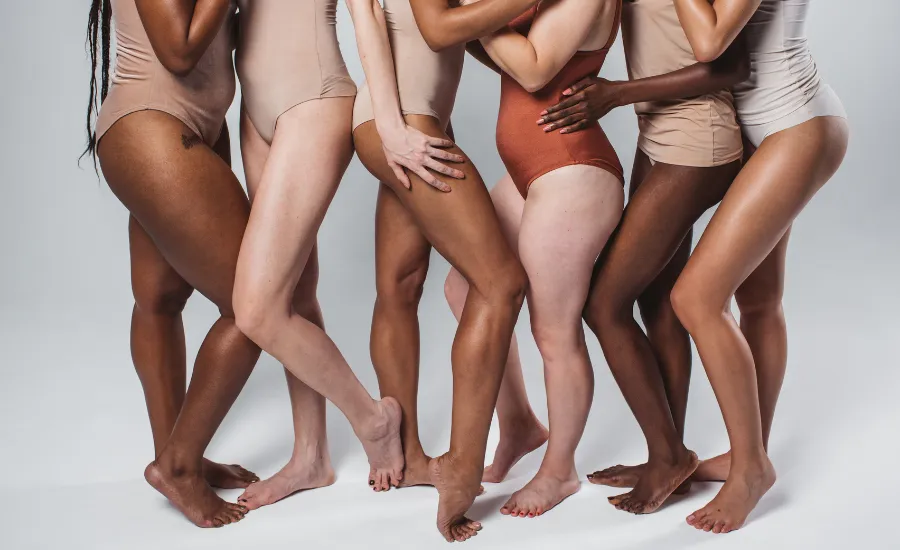
It's essential to be selective and intentional about the social media accounts we engage with, ensuring that they promote body positivity, inclusivity, and realistic representations of the human form. Unfollowing accounts that make us feel inadequate or perpetuate unrealistic beauty standards is a powerful act of self-care.
Additionally, it's essential to cultivate a social media feed that reflects the diversity of human bodies and celebrates different shapes, sizes, and appearances. Seeking out accounts that showcase a range of body types, skin tones, and physical abilities can challenge the narrow beauty ideals often presented on these platforms.
What we also do is take proactive steps to promote positive body image and challenge the dominant narratives around beauty and worth by sharing body-positive content.
This can involve sharing our own unfiltered, authentic images and celebrating our bodies as they are. It can also include engaging with and amplifying the voices of body-positive influencers, activists, and content creators who challenge the status quo and promote self-love and acceptance.
Another strategy is to be mindful of the language we use when discussing our bodies and the bodies of others. Avoiding negative self-talk and replacing it with affirmations and positive self-reflection can shift our mindset and cultivate a more compassionate relationship with our physical selves.
While individuals can take steps to use social media healthily, the responsibility for promoting body positivity and challenging unrealistic beauty standards also lies with the platforms themselves. Social media companies have a significant influence over the content and narratives that are amplified and disseminated, and they have a moral obligation to use this power to support the well-being and self-esteem of their users. Already, many of the most popular social media platforms have implemented stricter policies around the content posted as well as product promotions. However, the road is long, and more consistent measures are needed to eliminate unrealistic and potentially dangerous content.
 THE WORKING GAL
THE WORKING GAL